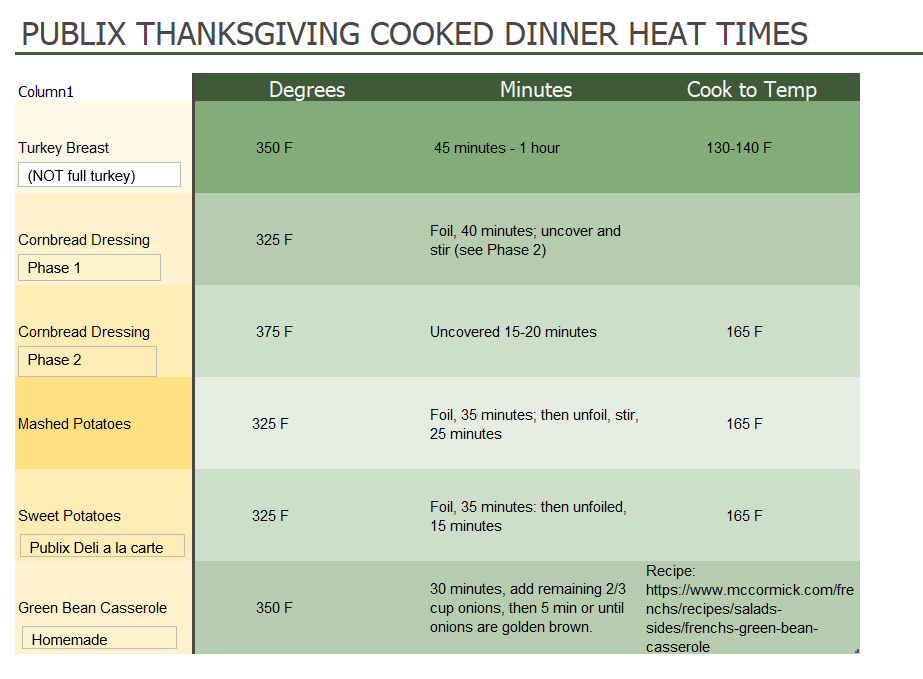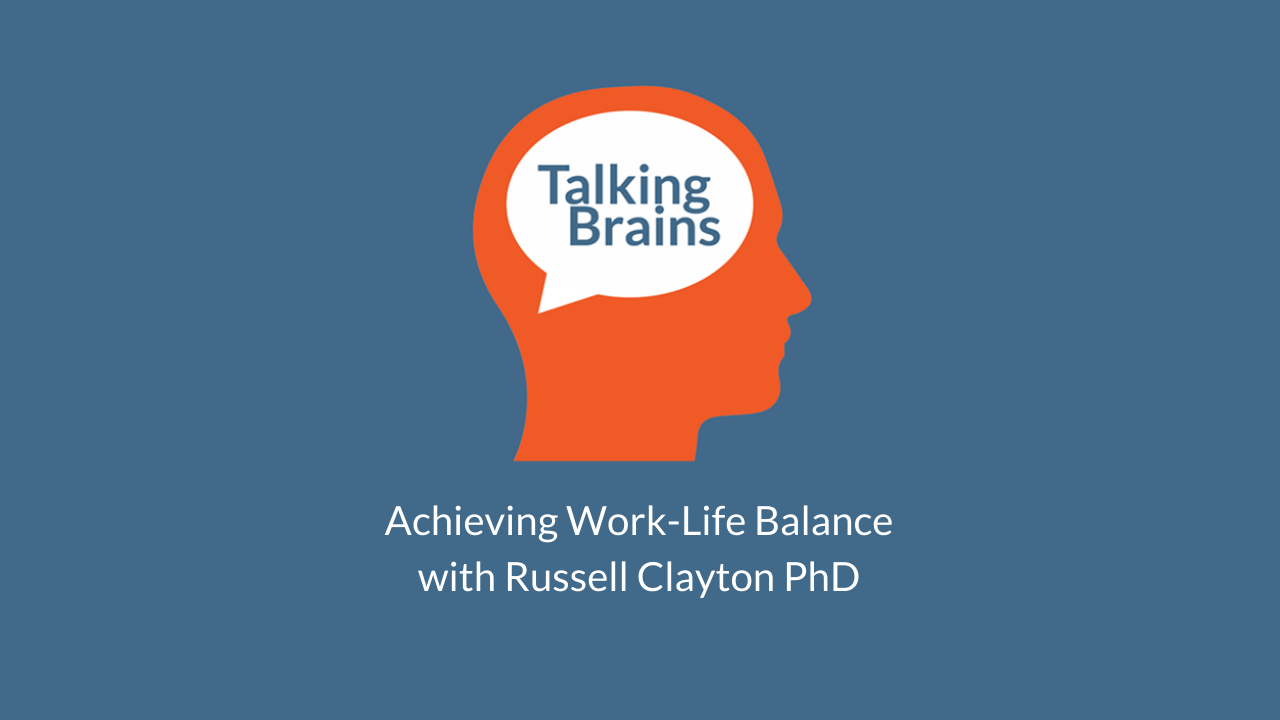 Richard Bedrosian Ph.D is Director of Behavioral Health and Solution Development for Wellness & Prevention, Inc., a Johnson & Johnson company. He is a clinical psychologist with over 34 years of experience in treating depression, addictions, anxiety disorders, and aftereffects of childhood trauma or abuse. He is a pioneer in the development of digital coaching interventions for behavioral health problems. Dr. Bedrosian was personally trained and supervised by Dr. Aaron T. Beck, who is known as the “Father of Cognitive Therapy”. Dr. Bedrosian is the author of numerous books, chapters, and articles focused on depression, eating disorders, family dynamics and related problems, including the 1994 volume, Treating Family of Origin Problems: A Cognitive Approach. He received his B.A. in Psychology from Brown University, his M.A. in Psychology from Assumption College, and his Ph.D. in Clinical Psychology from Miami University. Dr. Bedrosian has served as Principal Investigator on seven Research Grants from the National Institutes of Health.
Richard Bedrosian Ph.D is Director of Behavioral Health and Solution Development for Wellness & Prevention, Inc., a Johnson & Johnson company. He is a clinical psychologist with over 34 years of experience in treating depression, addictions, anxiety disorders, and aftereffects of childhood trauma or abuse. He is a pioneer in the development of digital coaching interventions for behavioral health problems. Dr. Bedrosian was personally trained and supervised by Dr. Aaron T. Beck, who is known as the “Father of Cognitive Therapy”. Dr. Bedrosian is the author of numerous books, chapters, and articles focused on depression, eating disorders, family dynamics and related problems, including the 1994 volume, Treating Family of Origin Problems: A Cognitive Approach. He received his B.A. in Psychology from Brown University, his M.A. in Psychology from Assumption College, and his Ph.D. in Clinical Psychology from Miami University. Dr. Bedrosian has served as Principal Investigator on seven Research Grants from the National Institutes of Health.
What began your interest in researching eating disorders, and in particular, binge eating and its impact on the workplace?
a. Binge eating holds great interest in part because of its relationship to the obesity epidemic. Among the obese, patients with binge eating typically generate the highest medical costs, experience the most psychological distress, and have the poor outcomes in weight management programs. In our sample, over 27% of those with Class III obesity reported binge eating. Imagine the implications if one out of four participants in weight management services is binge eating. Binge eaters will not succeed at weight management unless they get their eating behavior under control. In fact, dieting or restrictive eating can become a trigger for binges. Consequently, we won’t be addressing the obesity epidemic effectively unless we provide the right help for binge eaters.





